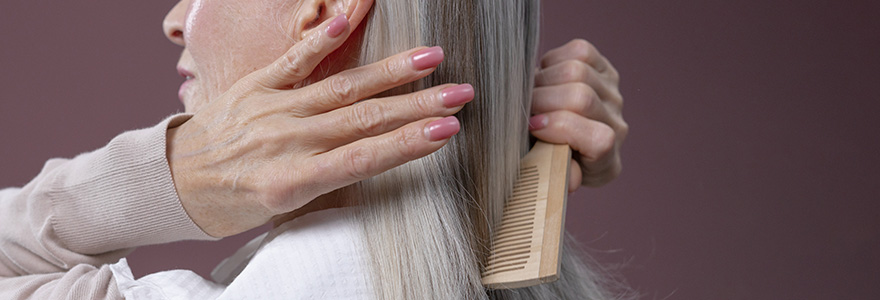Award-winning research prioritizes inclusivity in development of osteoarthritis intervention

Stock image by Cottonbro Studios, at Pexels.com
By Kim McCready
Dimitra Pouliopoulou’s research explores chronic conditions as she sees the opportunity to make a real-world difference in the quality of life for patients. A former physiotherapist and a current PhD student in Health and Rehabilitation Sciences at Western, Pouliopoulou is working on a Joint Protection Program for hand osteoarthritis.
Osteoarthritis is a chronic and progressive condition with no known cure. It is the most prevalent form of arthritis in Canada, currently affecting almost 4 million Canadians.
Accoring to Pouliopoulou, when it affects the hands, osteoarthritis’ burden on society becomes significant as it disrupts the fabric of daily life and the capacity for self-sufficiency, in personal and professional capacities. The condition's widespread prevalence and its tendency to worsen with age magnify the challenges it poses.
By improving function and decreasing pain, Pouliopoulou and a team of researchers including her supervisors, professors Pavlos Bobos and Joy MacDermid, and members of the Hand and Upper Limb Clinic, aims to help mitigate this substantial societal burden.
“One of the most important things for people is to be able to provide for themselves, to be able to take care of themselves, to not need someone like a carer to get through the morning or evening routine,” said Pouliopoulou.
A cornerstone of the program is the presentation of video modules that will serve as a practical guide, empowering individuals with the knowledge to minimize joint stress in their daily routines. Allowing user access via a standard web browser, the videos will provide information on reducing the load on the hand, pacing techniques, the effective utilization of tools and the importance of seeking support.
The videos are set to embrace diversity and accessibility through the use of an AI-generated voice, allowing for translation into different languages and dialects. Moreover, featured characters will be thoughtfully designed to reflect a spectrum of skin colors, promoting a sense of comfort and increased relatability for program participants.
Pouliopoulou and team will collaborate with both patients who have the disease and healthcare professionals to ensure the program caters to a wide range of needs and objectives. The creation of a supportive community of practice will be integral to the program and provide opportunities for participants to share their wisdom and personal experiences.
Pouliopoulou's approach distinguishes itself by prioritizing accessibility, inclusivity, and the recognition of diverse demographics. Understanding the importance of health literacy and recognizing that certain demographics are more affected, Pouliopoulou is committed to making the program available to all, particularly immigrants, older individuals, and those from lower socioeconomic backgrounds.
"We look at what people want to do in their lives and help them to start enjoying those things again."
“When I'm talking about access to a program, it’s also the health equity and health literacy part that I am referring to,” said Pouliopoulou. “And I want to emphasize that having access to something doesn't mean that it's truly accessible to you. If we create a video and the words that we're using are very complex, people might not be able to understand it and that's a problem. That type of accessibility and inclusivity is what we're going to evaluate our program on.”
The team will assess the new program's effectiveness in comparison to existing practices and will result in a novel, evidence-based program that enhances the management of hand arthritis symptoms, preserves hand function, and enhances overall quality of life.
"It comes down to each individual patient and their needs as to what we can offer them. We look at what people want to do in their lives and help them to start enjoying those things again," she said.
Pouliopoulou's work on the Joint Protection Program has not gone unnoticed. She recently received a prestigious Arthritis Society Canada PhD Salary Award in their 2023 competition, highlighting the significance and potential impact of the intervention. The Arthritis Society's support extends beyond financial backing; it signifies a collaboration that opens doors to a broader audience and greater outreach.
"We are really lucky to have the Arthritis Society Canada working with us on this. Not only are they supporting me and the costs of the project – they are also helping us reach a larger audience and helping disseminate the findings of the project," she said.
Looking beyond this project, Pouliopoulou outlines her future goals with a clear focus on academia. Her aim is to serve in a faculty position while staying actively involved in research. She emphasizes the importance of educating and motivating the next generation of clinicians and researchers to continue her work, impoving the quality of life for those with chronic conditions.

